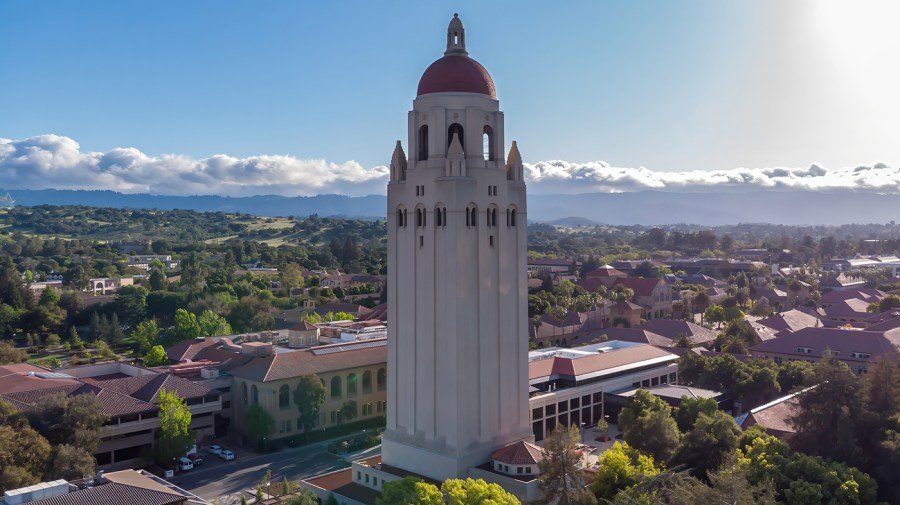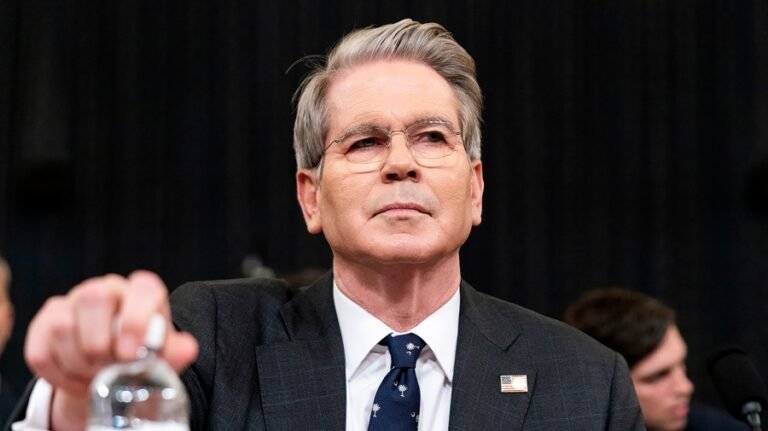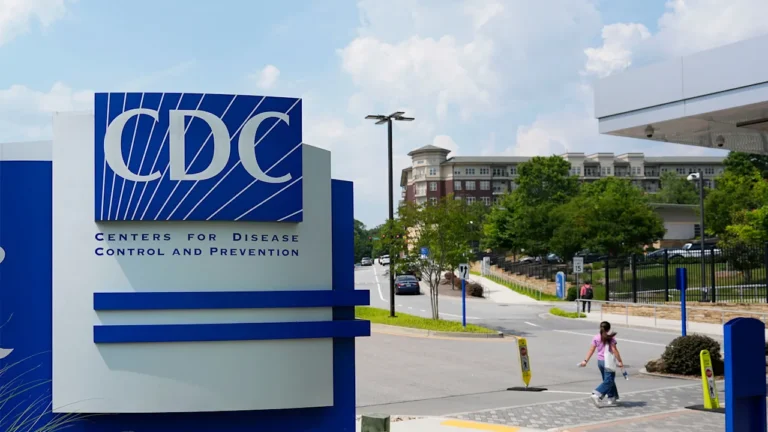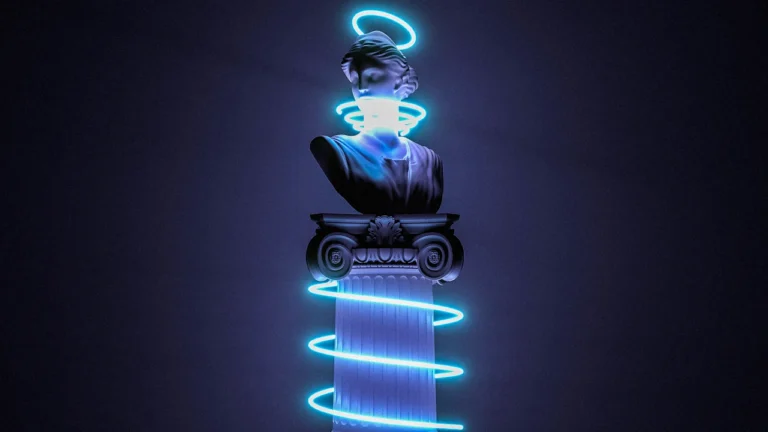
President Trump has repeatedly said he’s pushing for “fairness” in the college admissions process, but his administration has done nothing to go after legacy admissions, despite their unpopularity along bipartisan lines.
Reforming the university application and acceptance process has been a key part of many of Trump’s moves on higher education, including the deals to restore federal funding he’s made with multiple schools.
But the practice of accepting applicants based on alumni or donor status, which some schools have sought to roll back independently, has been left alone by the administration.
“If the Trump administration was truly concerned about merit, legacy admissions would be one of the first policies they would challenge, and by ignoring it, it makes their rhetoric around meritocracy just hollow,” said Wesley Whistle, project director of higher education at New America.
Legacy admissions have been a bipartisan target for years, especially since the renewed push for racial equality in 2020 and since the 2023 Supreme Court decision banning affirmative action in college admissions.
Advocates argue legacy preferences unfairly boost white and rich applicants, with selective and private institutions more likely to use the practice.
Education Reform Now says some 420 U.S. colleges still use legacy admissions, though that is down more than 50 percent from 2015. While some schools don’t use legacy to determine acceptance, they will give scholarships based on legacy status.
Trump often focuses his higher education rhetoric more on reforming classroom curricula, faculty ideology or the handling of protests, but changes to admissions have regularly been part of his demands.
In restoring federal funding to Brown and Columbia universities, agreements were struck regarding transparency of admission data and ensuring “merit-based” admissions.
Trump also signed a memorandum directing the Department of Education to collect more admissions data from universities and compile the information into an easily accessible database for parents and students.
“American students and taxpayers deserve confidence in the fairness and integrity of our Nation’s institutions of higher education, including confidence that they are recruiting and training capable future doctors, engineers, scientists, and other critical workers vital to the next generations of American prosperity. Race-based admissions practices are not only unfair, but also threaten our national security and well-being,” the order reads.
The Trump administration has largely justified its going after schools over their alleged inaction against campus antisemitism, which advocates say should make legacy an even more attractive target as Jewish applicants were among those disadvantaged by the practice.
“Attacking legacy preferences would be directly in line with these three arguments Trump has been making about merit, about a rigged system and about antisemitism. It’s troubling that the administration hasn’t said anything from our legacy preferences,” said Richard Kahlenberg, director of the American Identity Project at the Progressive Policy Institute
“So for all three of those reasons, it would be very natural for the Trump administration to go after legacy preferences. So, it’s baffling that they have not, and I think, deeply hypocritical,” he added.
The White House and the Education Department did not respond to The Hill’s request for comment.
Admissions information has largely been a well-kept secret among higher education leaders, with advocates eager to see more data but afraid what the Trump administration might do in response to it.
Many universities have been proactive about independently, or in response to state laws, ridding themselves of legacy admissions.
Well-known schools such as Amherst College have ended it on their own, and states such as Virginia and Illinois have outlawed the practice at public universities. California has sought to make legacy admissions illegal even for private entities.
Multiple bipartisan bills have been introduced to ban legacy admissions nationwide, but none have succeeded despite public support.
While the practice is widely unpopular, some believe it is the right of private institutions to decide their policies on this issue and that legacy students can be beneficial to institutions.
All the Ivy League schools still consider legacy admissions. Stanford University decided to defy the new California state law and keep legacy preferences, forfeiting money from a state grant program for its decision.
“Should a private university have legacy admissions? We argue that’s up to the university, but there are some good reasons, in some cases, to have it, and those include, for instance, students are more likely to select themselves in or out if someone they know and trust, like their own father or mother, has gone there,” said Adam Kissel, visiting fellow in the Heritage Foundation’s Center for Education Policy.
“If I were an admissions officer and someone is a legacy applicant, I would say I’d be surprised if they’re not a fit here, because they probably know whether they’re a fit. There’s less of a risk on that person. But it’s not about merit necessarily, and so that brings up the merit question,” he added.





